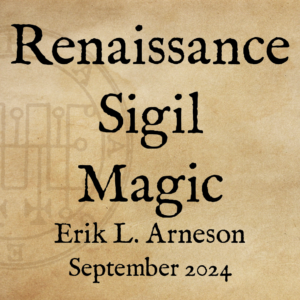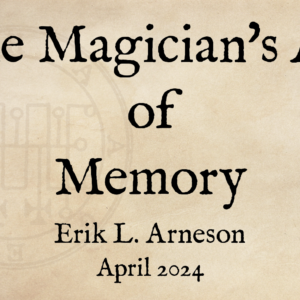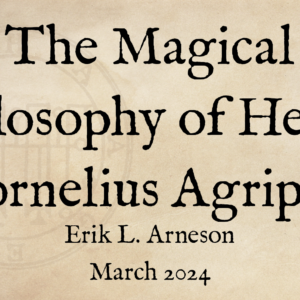Secret Societies in America: Foundational Studies of Fraternalism Edited by William D. Moore and Mark A. Tabbert Cornerstone Book Publishers, 2011 294 pages Paperback $24.95, ISBN 978-1-61342-024-9 The magnitude with which fraternal organizations influenced American society and history is something that we hear a lot about through conspiracies, but not enough about from main-stream historians…. Read more »
Tag: history
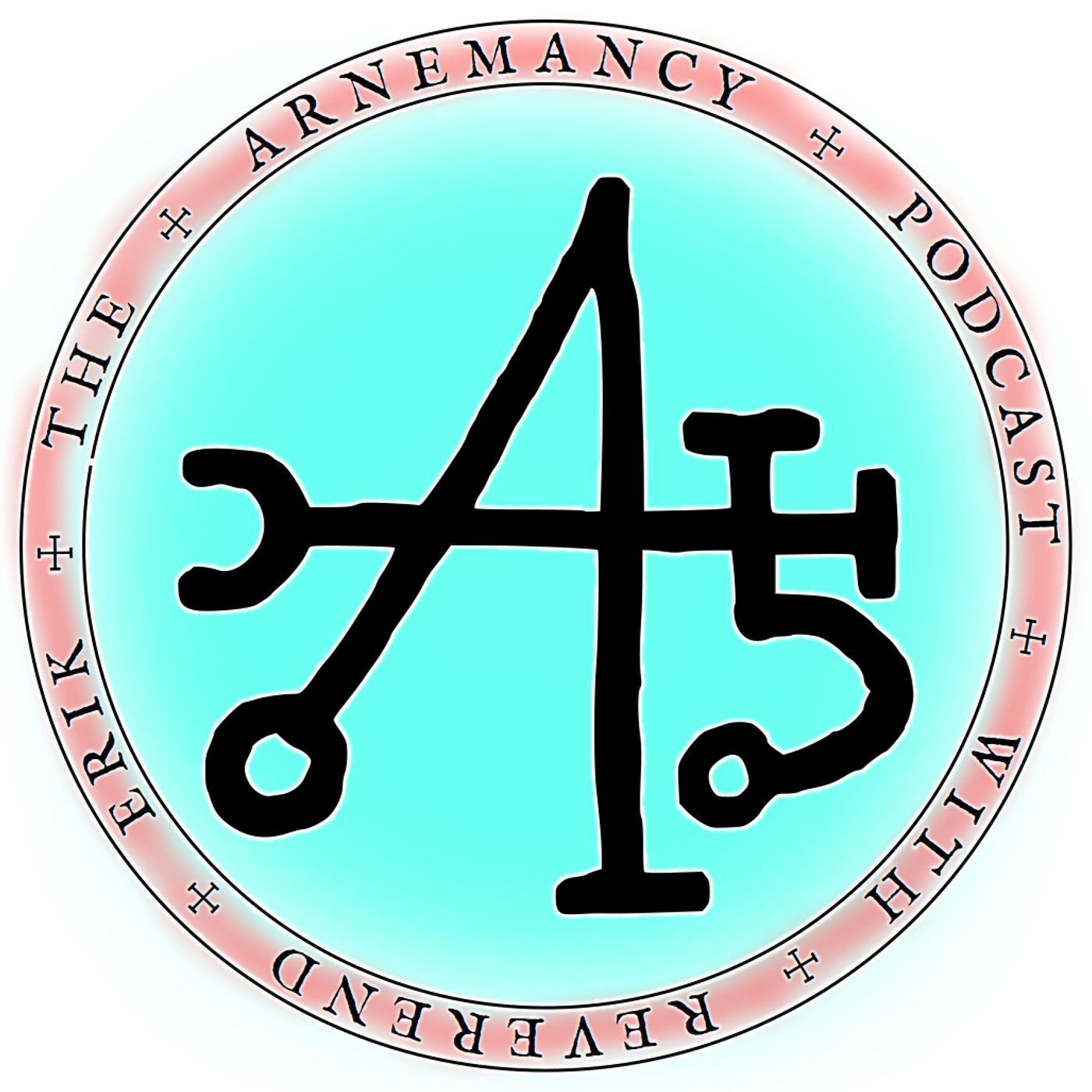
/
RSS Feed
Teacher and independent scholar Ted Hand joins me in this episode for a deep dive into the angelology of Pico della Mirandola, followed by a crazy romp through the gnostic world of Philip K. Dick. It’s a dense episode, and (hold on to your hat!) it’s all connected! We follow Pico’s adventures through the Florentine… Read more »

/
RSS Feed
As the entire Internet already knows, T. Susan Chang has incredible oracular powers, so when I tell you that she’s here on the second episode of the fledgling Arnemancy Podcast, it’s probably a sign that we’re building great things. Susan is co-host of the incredible Fortune’s Wheelhouse podcast and the author of Tarot Correspondences: Ancient… Read more »
Rosicrucian Trilogy: Fama Fraternitatis, 1614; Confessio Fraternitatis, 1615; The Chemical Wedding of Christian Rosenkreuz, 1616 Trans. Joscelyn Godwin, Christopher McIntosh, and Donate Pahnke McIntosh Weiser Books, 2016 184 pages Paperback $22.95 USA, ISBN 978-1-57863-603-7 Hardcover $45 USA, ISBN 978-1-57863-609-9 The Rosicrucian movement began with three mysterious documents published in the early 17th century in Kessel,… Read more »
This post doesn’t represent a completed project, but is rather the beginning of one. While leading a discussion group on the Sefer Yetzirah recently, I was struck by many of the astrological details in that ancient text. This led me to start seeking information on the use of astrology in traditional Kabbalah. This has been… Read more »
There are a few books coming out that I’m really excited about. If you read this blog regularly, you should be excited about them, too. First, Dan Attrell’s translation of the Picatrix is finally available for pre-order. I interviewed him back on episode 29 of My Alchemical Bromance and have been eagerly awaiting his book…. Read more »
This is a list of books on Freemasonry. In case it hasn’t been made abundantly clear by my numerous podcast appearances, public lectures, and short list of published articles, I’m a Freemason. This generates a lot of curiosity in those who aren’t Masons. Occultists and esotericists, the main audience for this website, have lots of… Read more »
Alchemy is an ancient practice that can be considered in part as a precursor to chemistry. However, like Freemasonry, it can be said to have both a speculative and an operative side. While “operative” alchemy deals with the transformation of base metals into gold, “speculative” alchemy uses similar symbolism, allegory, and language to speak of spiritual truths and a path to inner light and wisdom.
On Saturday, June 17th, I will be part of a panel discussion on grimoires. This panel is part of the quarterly speaker series at Esoterika Lodge #227 in Portland, Oregon.
On Saturday, June 3rd, I gave a lecture at the Sekhet-Maat OTO Lodge titled “The Magical Memory: The Art of Memory as an Occult Practice”. Below, please find a link to the slides and a list of references used while preparing the lecture.
